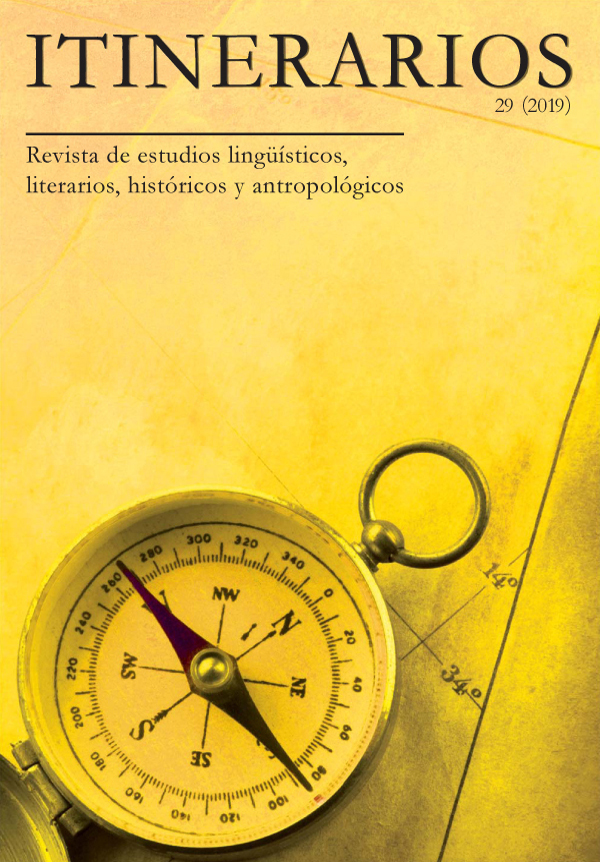Mujeres después de la migración, resiliencia, trabajo y vida doméstica en Isla Grande de Chiloé, Chile 1950-1980
Women After Migration, Resilience, Work, and Domestic Life in Great Island of Chiloé, Chile 1950-1980
Author(s): Juan M. Saldívar, Gabriel Muñóz, Fernanda Farías, Vladimir PradinesSubject(s): Anthropology, Ethnohistory
Published by: Instytut Studiów Iberyjskich i Iberoamerykańskich, Wydział Neofilologii, Uniwersytet Warszawski
Keywords: anthropology; historical ethnography; resilience migration; Chiloé; Patagonia
Summary/Abstract: This article shows ethnographic findings about the domestic life of chilotas women, wives of temporary migrants who experienced migration to austral territories of Chilean and Argentinian Patagonia. These migratory displacements are characterized by the distribution of historical milestones that can be traced back to the decade of the 50’s with the blight of the potato, the 60’s, with the crucial stage caused by the earthquake, the 70’s with the coup d’état, and the 80’s, with the salmon industry which reduces considerably these southern displacements. Transnational migrations of men to different places led to the domestic hierarchization, with women being a type of resilient, non-mobile migrant. The conceptual discussion focuses on three categories of analysis: resilient migration, domestic work and gender relations. The methodological approach is qualitative, framed in the multi-sited ethnography and in the ethnography of interacted contexts (ECI), as strategies of reflection, description, and interpretation of information.
Journal: Itinerarios
- Issue Year: 2019
- Issue No: 29
- Page Range: 237-256
- Page Count: 20
- Language: Spanish

